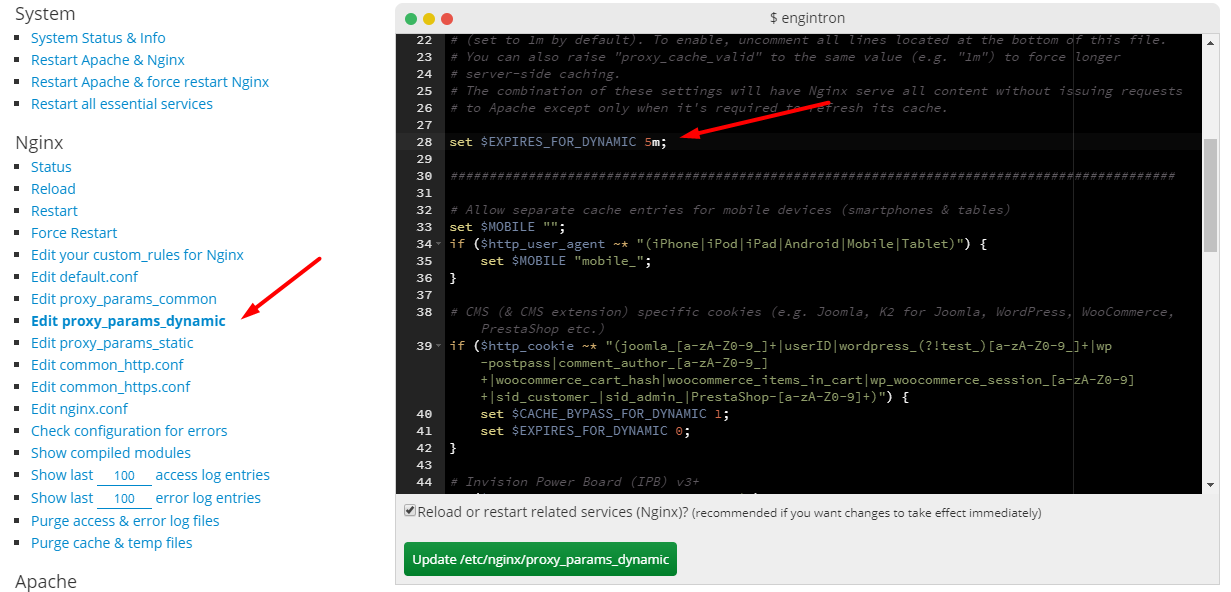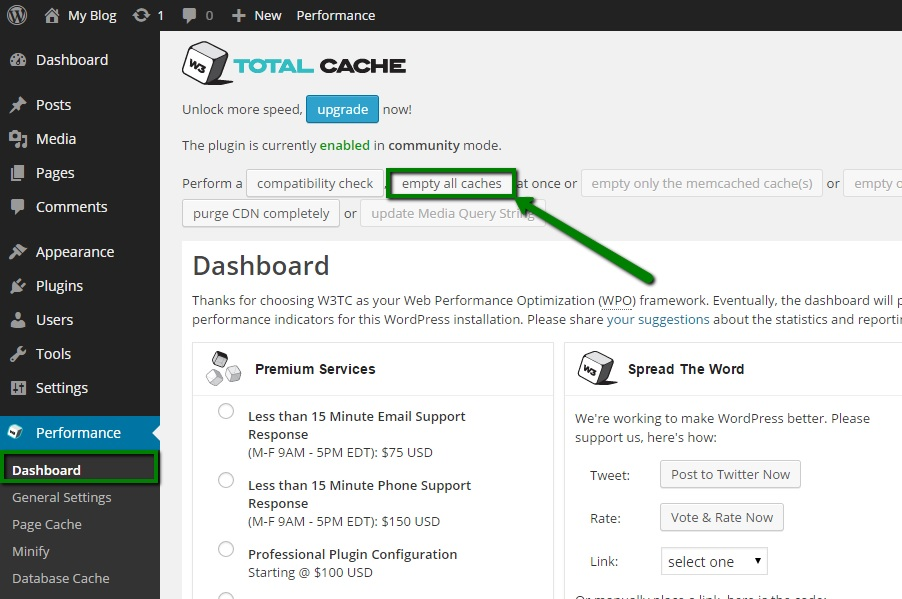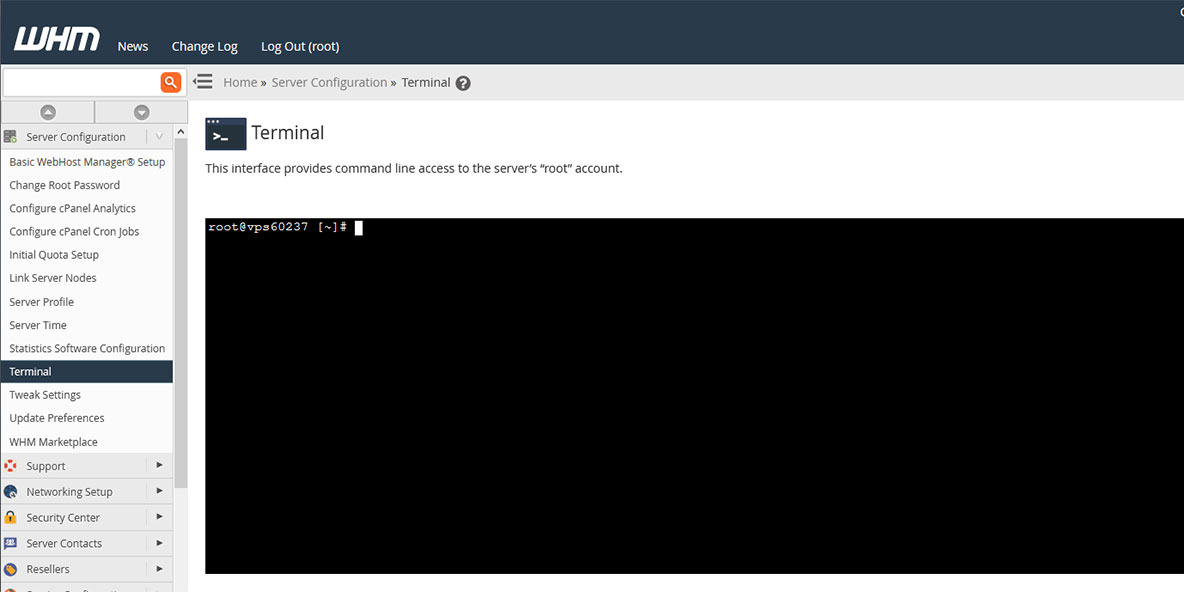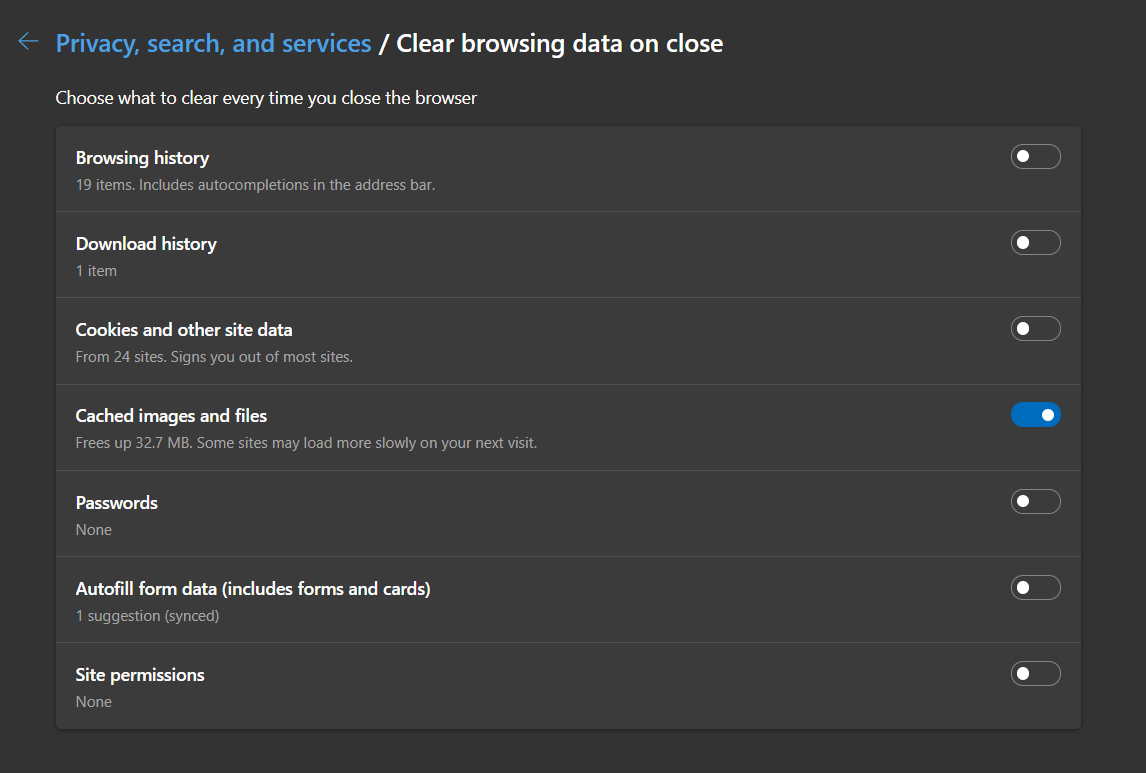


The WordPress Cache is stored in the wp-content/cache folder. But when the page is updated, you have to clean that cache to serve the new page. The Caching means storing some parts of the web page to the local storage, so the next time the page loads, it could load quickly. It means purging the files that are saved in the local storage of the user’s browser.

I hope someone knows more about this than I do and can give you a better response.FAQ What does Clear Cache mean WordPress? I am not sure if these files are all just there temporarily for speed increase purposes (like browser cache) or if this "cache" contains files for some other purpose (as the speed increase of browser cache is to counteract excessive use of bandwidth by re-accessing files on a server, whereas there should be no discernible difference in r/w times for a different file location on the hard disk). Just from a quick peek on my system I know that banshee stores album art in the cache folder (don't know why exactly), chrome has data in the cache folder, a lot of programs keep logs in the. I am not a Linux expert (though I hope to be!) and don't know the specifics of the file system structure, but you can examine what exactly is in the folder by going into your home folder and hitting ctrl+h to show hidden folders. You can then restore from backup if needed.ĭefinitely do NOT start deleting things you do not understand outside of your home directory. If in doubt, the safe thing would be to make a back up or move the file. I would not advise you start a habit of deleting things you do not understand in your home directory, back it up or use a test account. Most of the time, at worst, you will lose custom configurations, but no real harm to the system.

For the most part you can delete most anything in your home directory, programs or applications that require. When you are new to Ubuntu/Linux it is hard to know what you can and can not delete in your home directory. To clean (just take care with the -rf flag and other directories ) rm -rf ~/.thumbs/* cache when it grows too large).Īnother directory that can take up a lot of space (and/or save an embarrassing bit of evidence) is the. cache is growing large, it might be better to look at the contents and determine what application is making it large and re-configure a bad acting application (rather than simply deleting. cache with no long term detrimental effects. To answer the question, IMO you can delete all of.


 0 kommentar(er)
0 kommentar(er)
